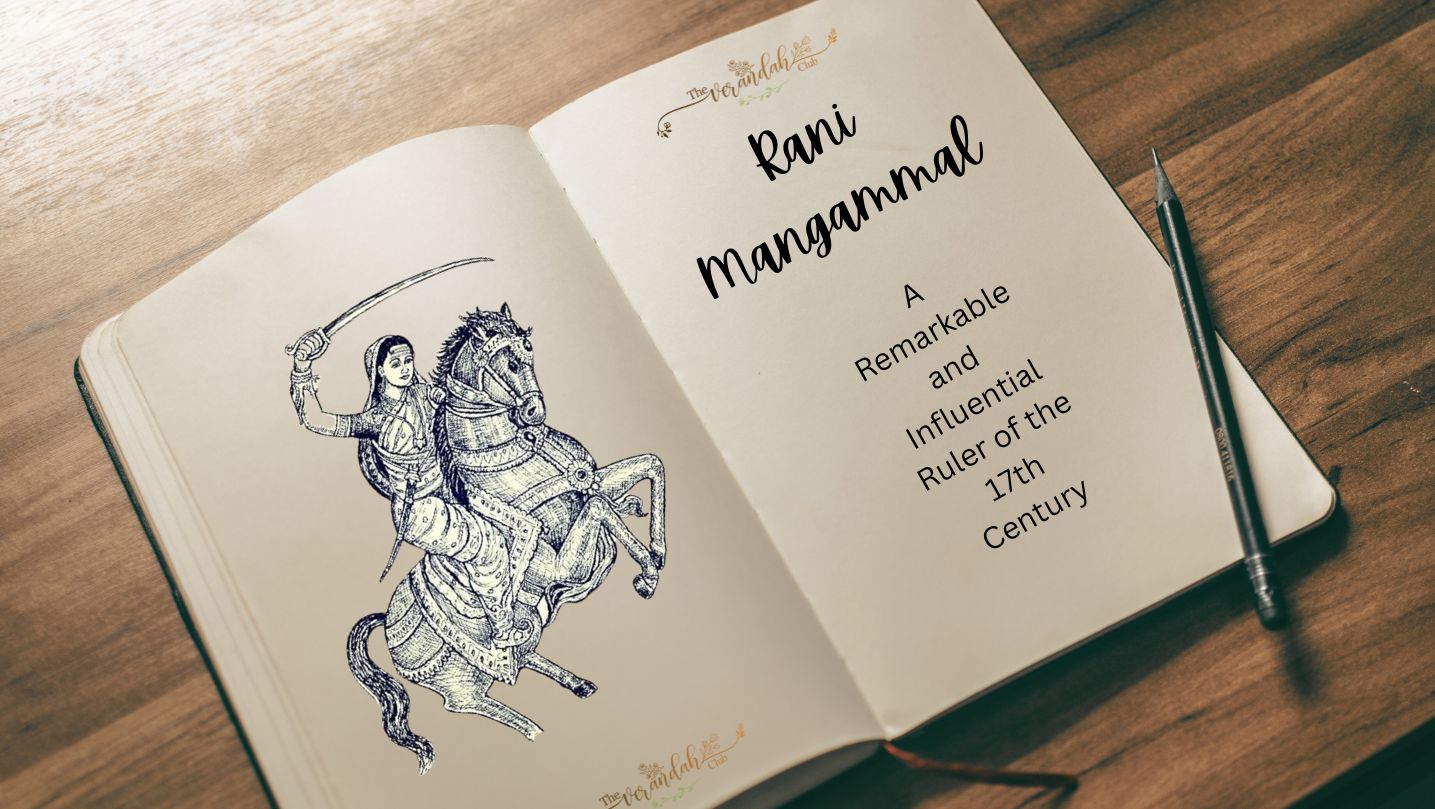
The annals of Madurai's history are incomplete without the mention of Rani Mangammal, a woman renowned for her exceptional skill and wisdom. In a time when ruling queens were rare in Tamilnadu, Mangammal stood out as a remarkable and powerful leader. Circumstances thrust upon her the responsibility of governing the Madurai Nayaka kingdom towards the end of the 17th century, a task she undertook with great competence and courage for nearly eighteen years during a tumultuous era.
Facing numerous challenges, including threats from the Mughal Empire, territorial ambitions of neighboring states, and internal rebellions, Rani Mangammal displayed remarkable political acumen, diplomatic finesse, administrative prowess, and unwavering bravery. Despite the odds stacked against her, she managed to uphold the dignity of Madurai and restore much of its former glory.
Born to Lingama Nayaka, a general under Chokkanatha Nayaka, who ruled Madurai from 1659 to 1682 A.D., Mangammal ascended to prominence as the principal queen following the failure of Chokkanatha's attempts to marry into the Thanjavur royal family. After Chokkanatha's demise, rather than succumbing to the tradition of sati, Mangammal, driven by her political acumen, assumed the role of regent for her infant grandson, Vijayaranga Chokkanatha Nayaka.
Mangammal's reign was marked by strategic alliances and calculated maneuvers. She tactfully appeased the Mughals, regained lost territories from Thanjavur, and thwarted invasions from Mysore and Travancore. Her most significant military campaign was against Shaji, the Maratha ruler of Thanjavur, which culminated in a brief period of collaboration between the two kingdoms against a common enemy.
However, Mangammal's expedition against Raghunatha Sethupathi, the powerful ruler of Ramanad, resulted in a devastating defeat for Madurai and the death of her trusted general, Dalavoy Narasappiah. Despite this setback, Mangammal's legacy endures through her contributions to civil administration, trade, and infrastructure development. She focused on irrigation projects, road construction, and public amenities, leaving a lasting impact on the region.
Mangammal's popularity and effectiveness as a ruler are still remembered fondly in the rural areas of the district. She instituted the famous Unjal (swing) festival at the Meenakshi Temple, symbolizing her devotion to the deity and the land she governed. The tradition of rulership under the auspices of the presiding deity continued during her reign, as evidenced by historical paintings depicting the symbolic transfer of authority from the temple priests to the queen.
Rani Mangammal's reign stands as a testament to her indomitable spirit, political acumen, and commitment to the welfare of her subjects. Her legacy as a capable and revered leader endures through the centuries, shaping the history and culture of Madurai.
 Dakshinamurthy is a scholar and researcher of Indic themes and a contributing writer of The Verandah Club
Dakshinamurthy is a scholar and researcher of Indic themes and a contributing writer of The Verandah Club
NEXT ARTICLE

Indian History is rife with conflict between kings for power, territory and regional supremacy. We have seen instances where kings have made it a poin...

"Saare Jahaan Se Accha, Hindustan Hamara!"These immortal words, spoken by Squadron Leader Rakesh Sharma from the vast expanse of space in 1984, When t...

High in the rugged, unforgiving terrain of Jammu and Kashmir’s Reasi district, where the Chenab River slices through deep gorges and the Himalayas loo...